1、 Curing method
1. Because of its low temperature in the region of origin, it is not good at cold tolerance. Therefore, it can generally be maintained between 20 and 30 degrees. In winter, it is more appropriate to be above 10 degrees
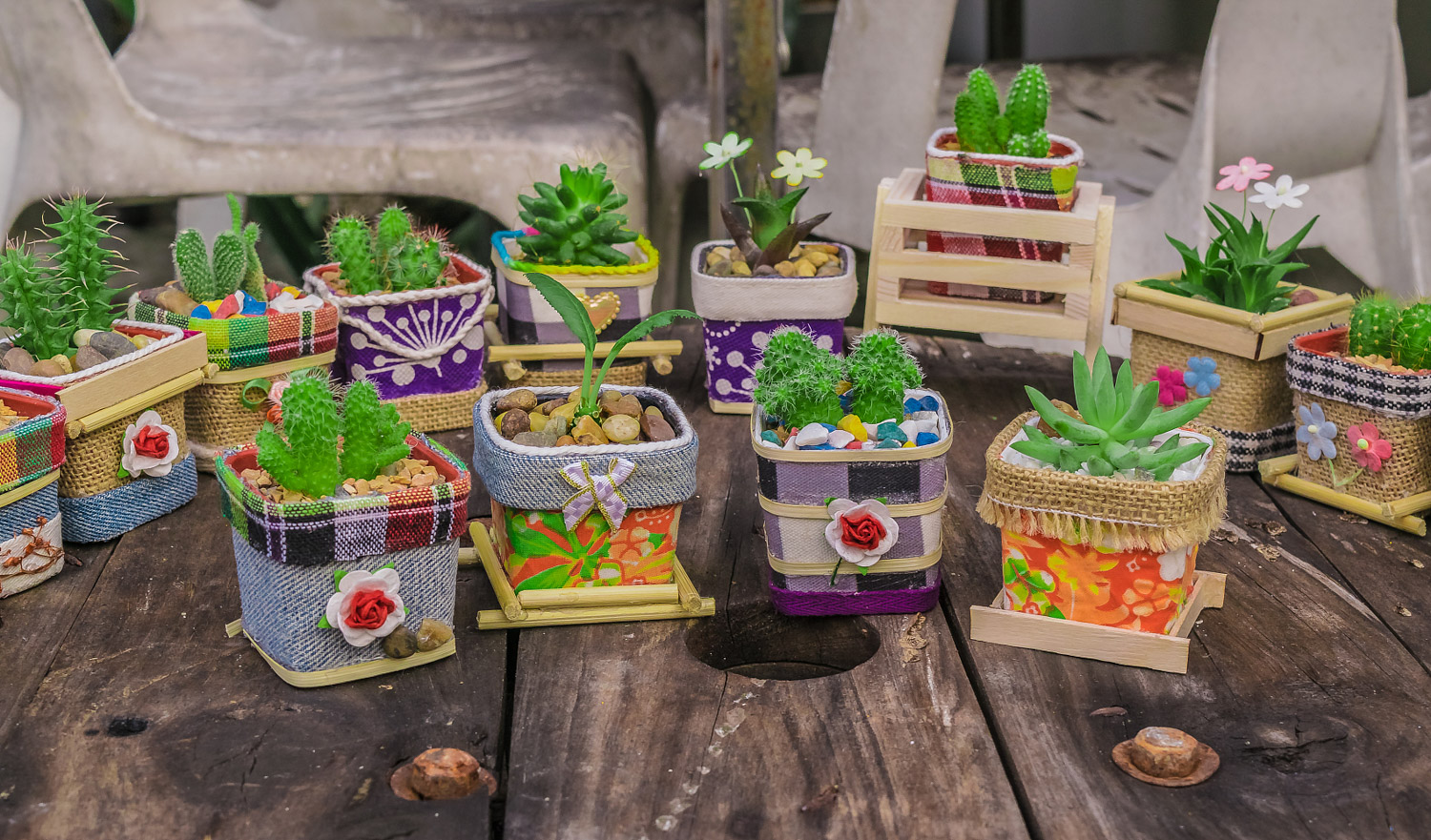
2. Sunny environment: sunny time. Generally speaking, in the stage of growth and flowering, there must be sufficient sunshine, otherwise it will affect the normal growth and flowering. But too strong light should also be avoided as far as possible, otherwise it will harm the leaves and its flowers
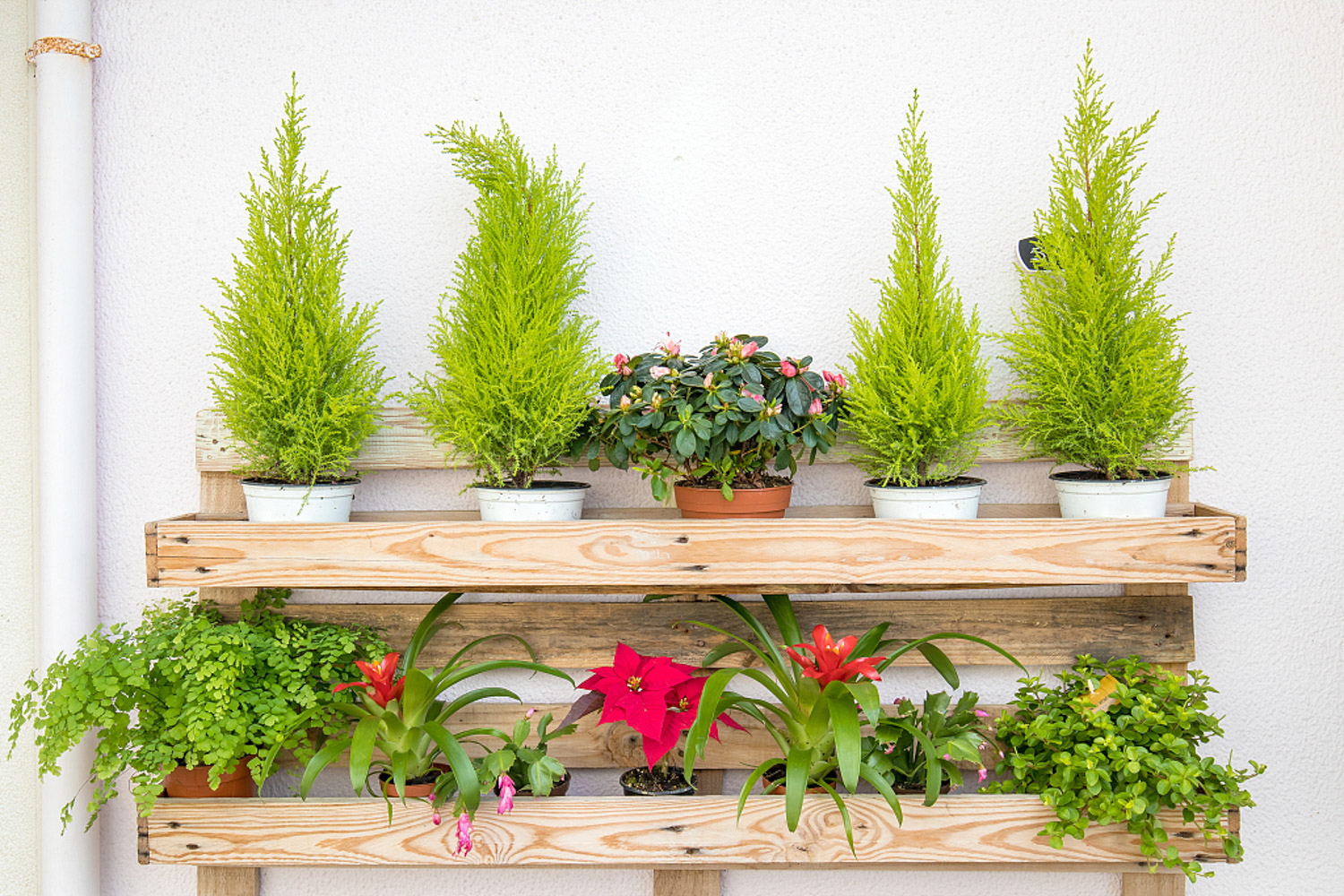
3. Watering: flowers like to be wet at noon, but they are also afraid of waterlogging. Its habits have high requirements for our watering. We need to keep it slightly wet and not too wet, otherwise it may lead to some diseases. In winter, you can't pour too much water
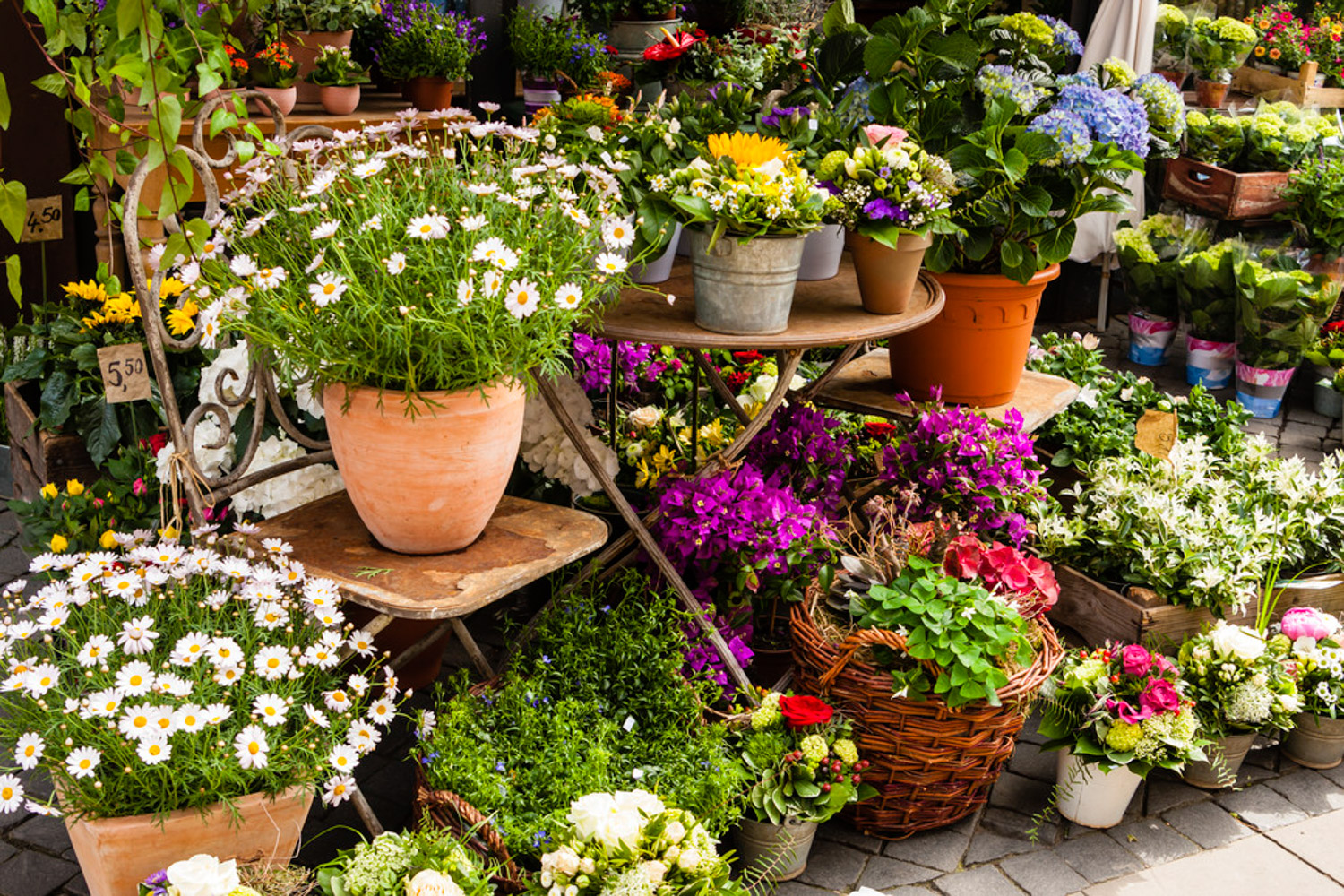
4. Fertilization: firstly, sufficient base fertilizer, such as cake fertilizer, can be mixed into the soil during planting. The subsequent fertilization can be carried out once a half month. Cake fertilizer and water can be used after dilution
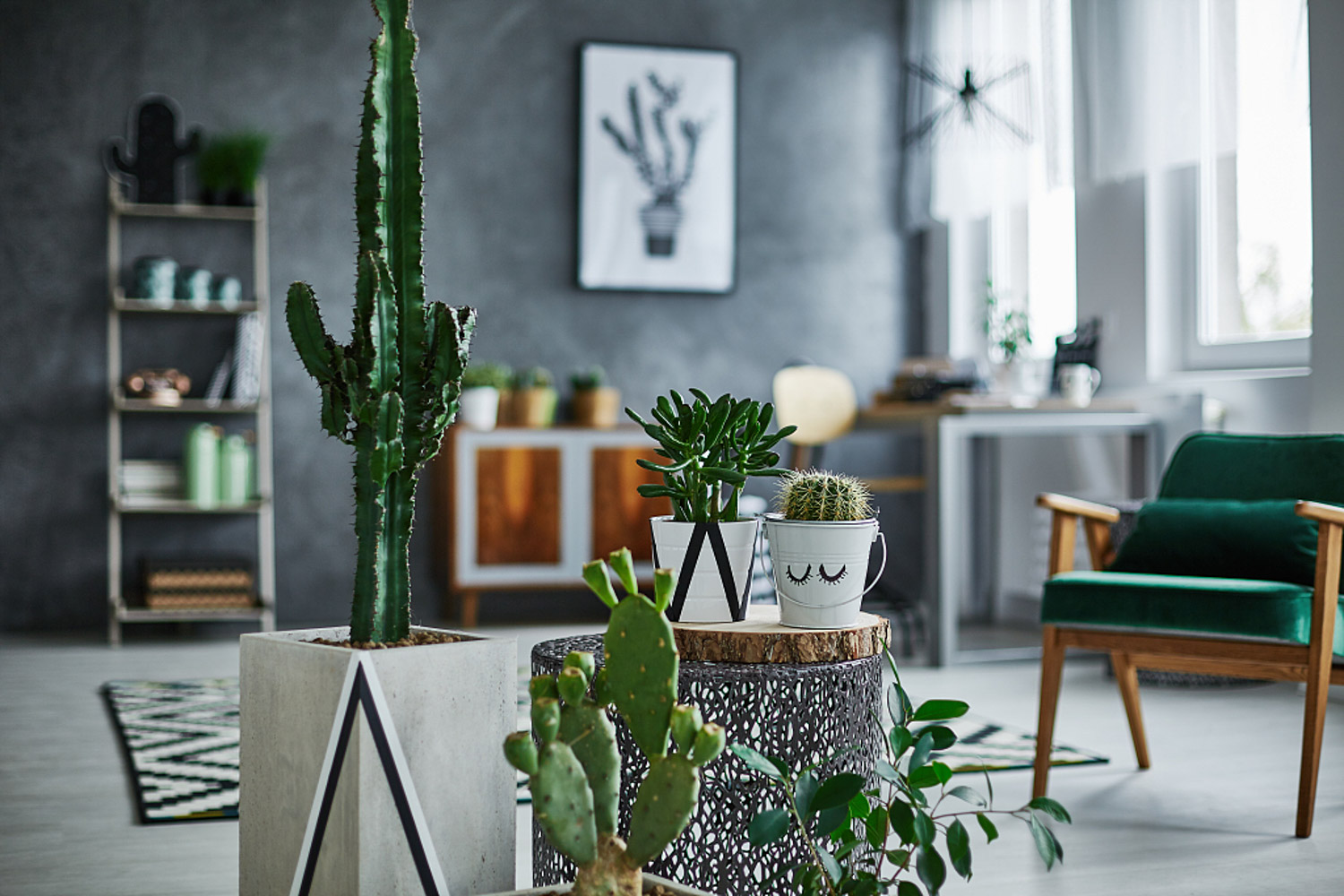
2、 Breeding skills
1. Reproduction: it can be sown directly in the pot, that is, the way of "pot sowing". Breeding is better from March to April. Air permeability and drainage are mainly considered when selecting matrix, and base fertilizer is added. The seeds are soaked in warm water for a while before sowing. After sowing, cover with a layer of soil and keep it moist. It will be transplanted in about June
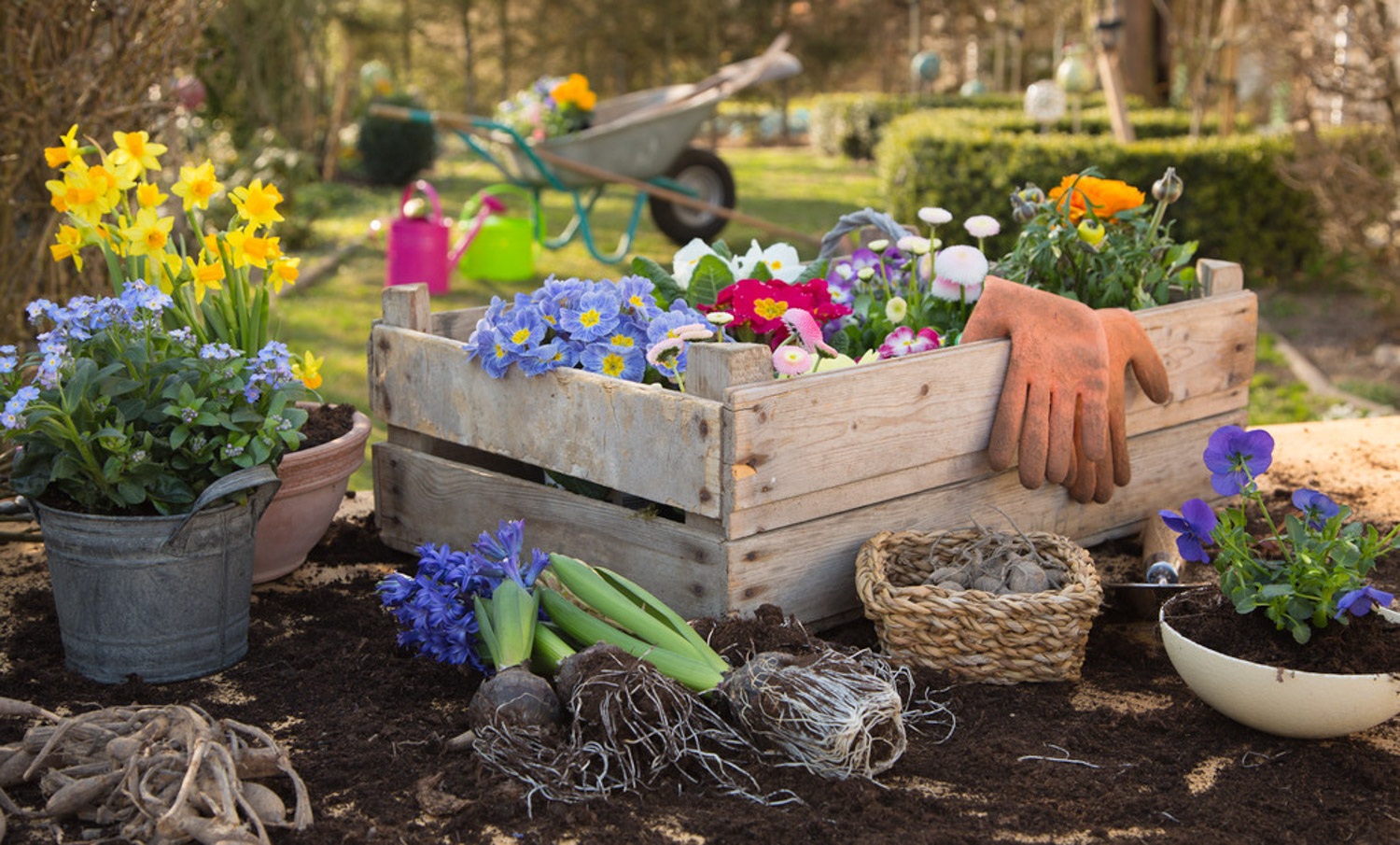
2. Change basin: it is OK to change basin once a year or two. When selecting new soil, the factors to be considered can refer to the selection method of soil during reproduction. After changing the basin, keep the temperature appropriate and block out too strong light
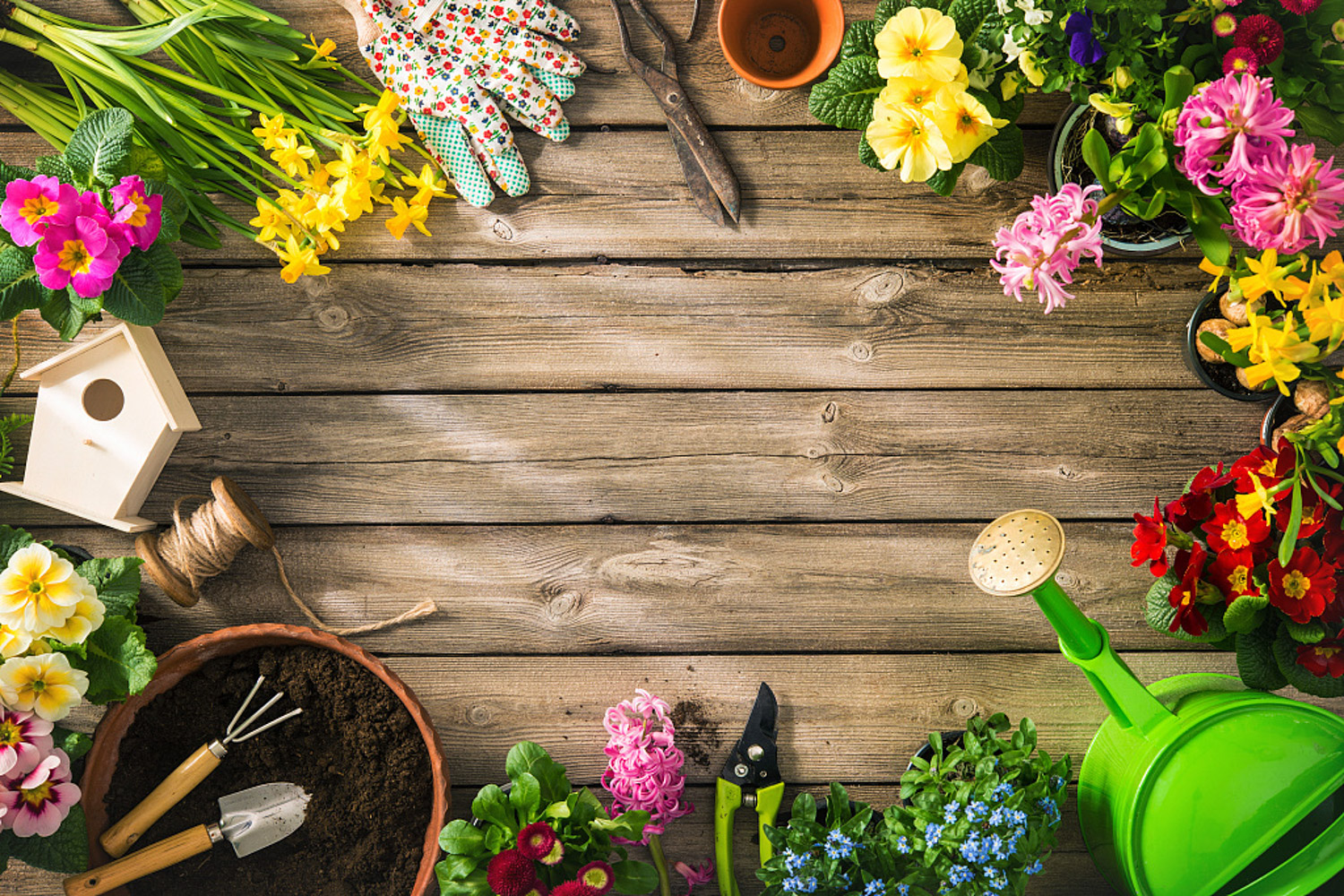
3、 Problem diagnosis and treatment
1. Disease: we mentioned above that flowers are afraid of waterlogging at noon, so excessive water will lead to "root rot", that is, a special disease leading to root rot. It can be treated with medicine, supplemented by water control, root pruning and other measures
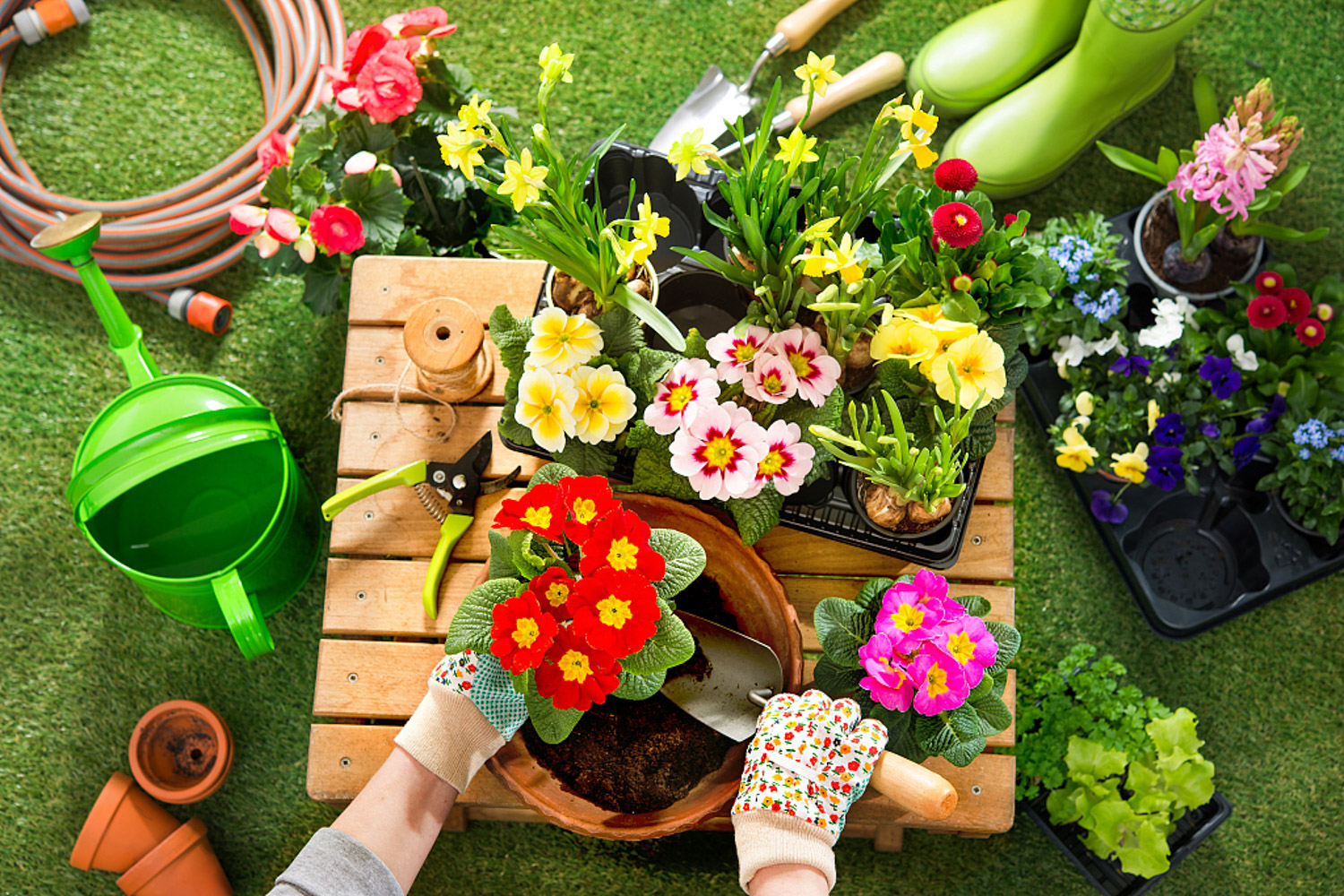
2. Insect pests: there are "aphids", "red spiders" and other species. If the number is large, it is best to adopt the method of chemical control
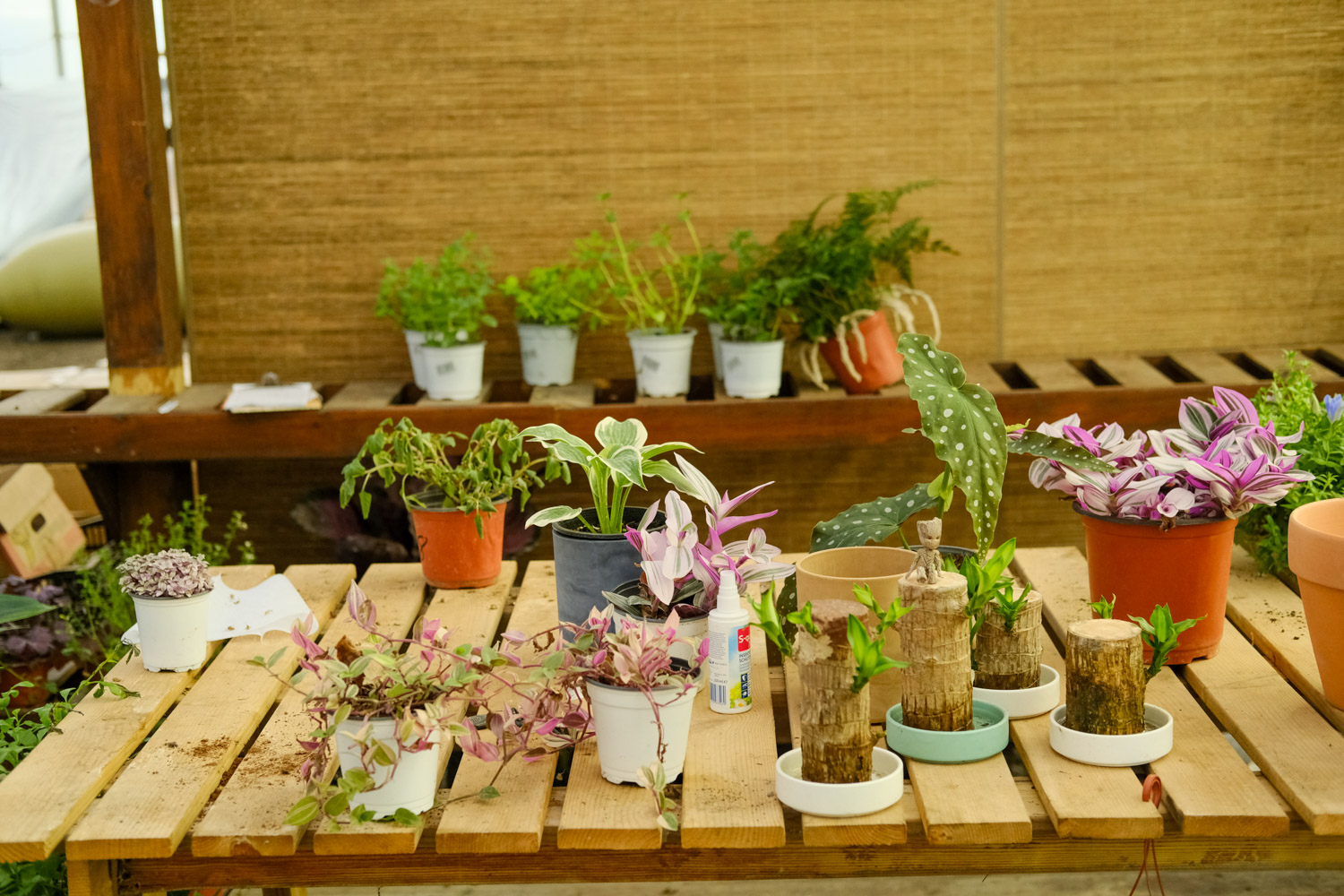
4、 Other issues
1. Toxicity: noon flower is non-toxic. Don't worry
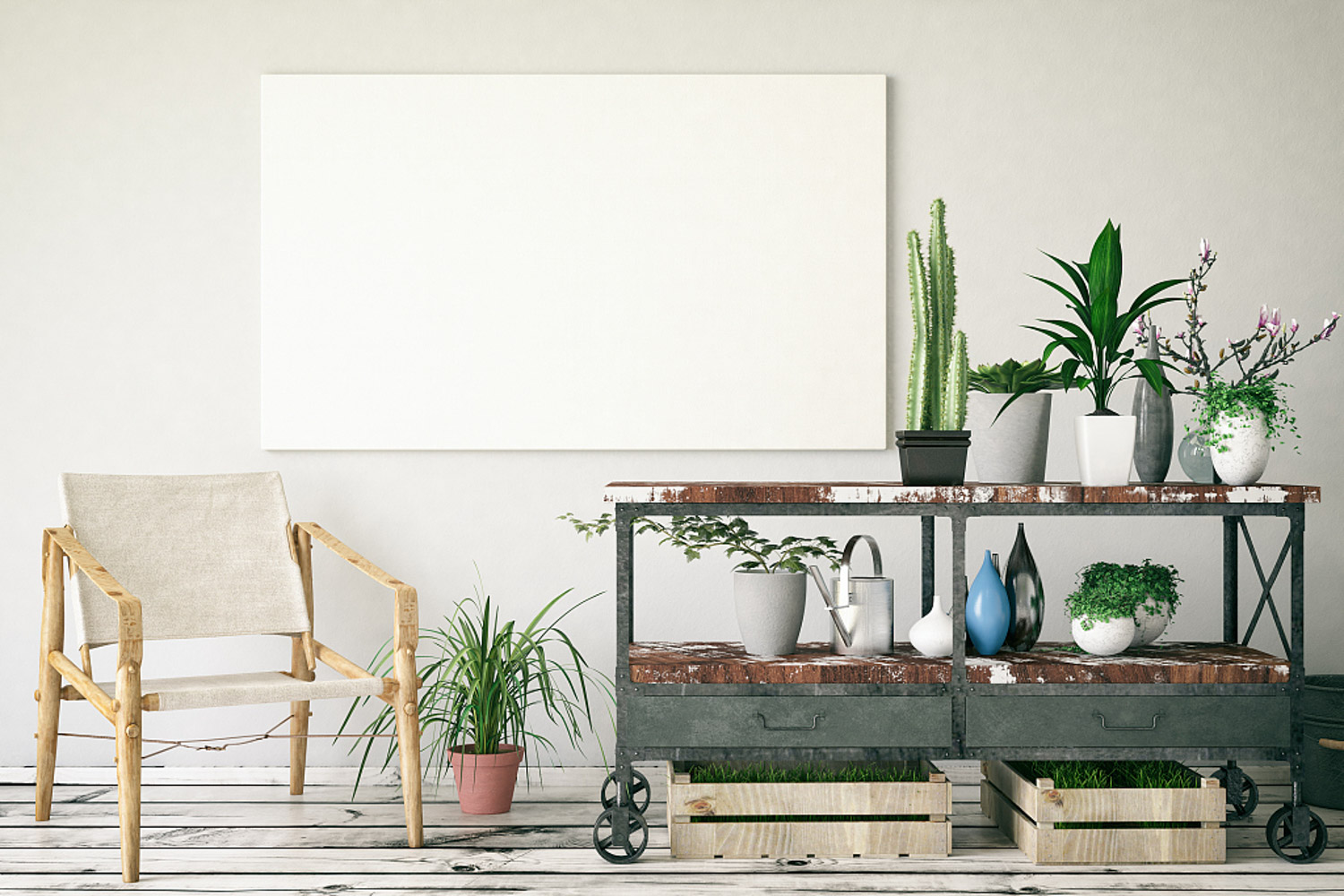
2. Whether it can be raised at home: Yes. It can be viewed, and its volume is relatively small, so it doesn't take up too much space at home
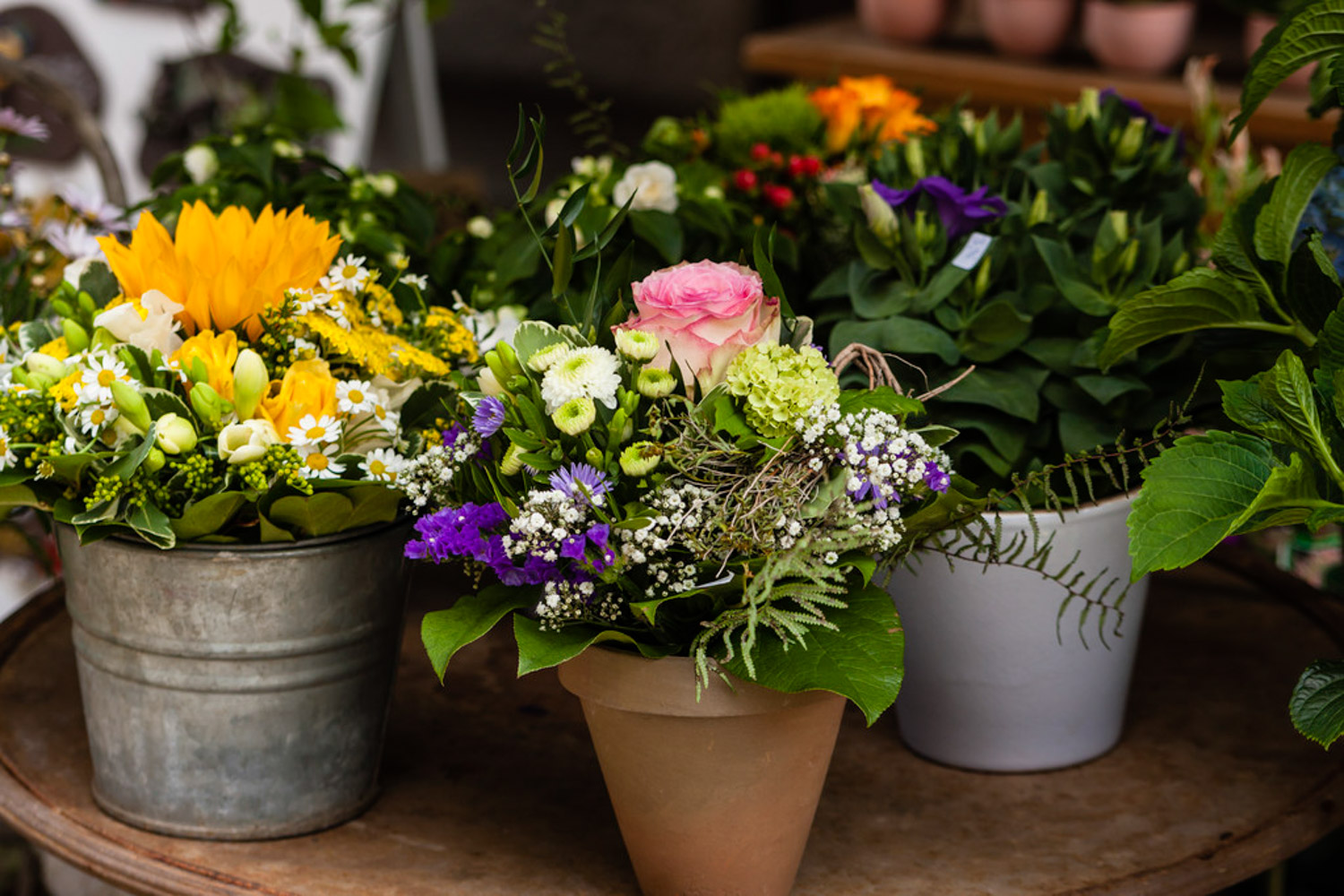

 how many times do yo...
how many times do yo... how many planted tre...
how many planted tre... how many pine trees ...
how many pine trees ... how many pecan trees...
how many pecan trees... how many plants comp...
how many plants comp... how many plants can ...
how many plants can ... how many plants and ...
how many plants and ... how many pepper plan...
how many pepper plan...



























